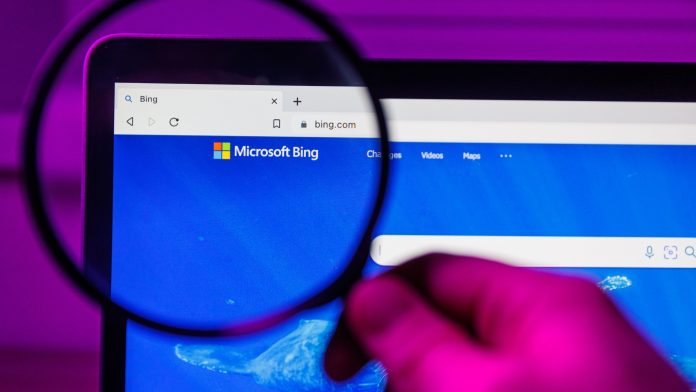Microsoft released a new Windows 11 update on Wednesday, March 1, and all everyone is talking about is how the update emphasises putting artificial intelligence first… and how it falls short of that rather severely.
The AI-powered search box is now set up in the taskbar by default, which may or may not be helpful depending on your disposition towards AI and ‘helpful’ chatbots. The update to the taskbar is amongst many other improved features that are packaged in with the recent Windows 11 update, so it’ll be hard to avoid or ignore if you’re not a fan of ChatGPT.
ChatGPT is the AI-powered chatbot developed by OpenAI that allows users to interact with the bot and ask it to do anything from brainstorm recipes, breakdown complex ideas, writing and edit large copies of text or just having a little chat. The bot uses machine learning to analyze prompts given by users and respond using data input by the user and information from its database. Microsoft launched its collaboration with ChatGPT early last month and has had its share of meltdowns and inaccuracies since then.
It’s a little too early to get a grasp on how successful this new Windows 11 update has been with integrating ChatGPT-powered AI search, but so far it doesn’t seem like the taskbar update has been well received. In fact, I would argue it’s just a heavy-handed advertisement for Bing, Microsoft’s largely unloved search engine, and takes away consumer autonomy to decide whether or not they want to dabble in AI. This is not to bash ChatGPT and its fans, but more a finger wag at the mass implementation that takes away the ability to choose.
Say you were a sceptic or someone who didn’t know much about ChatGPT or Bing AI, you don’t really have a choice on whether or not you want access to Bing AI and there doesn’t seem to be a way to get rid of its addition to your Windows 11 desktop.
The announcement from Microsoft gives off the impression that the entire search experience on Windows 11 will now be supercharged by AI, but that’s far from the case.
There’s no quick search in the taskbar that’ll spit out intelligently thought-out results. Fans or curious users looking to use Bing’s AI search engine don’t have integration within Windows 11 in the capacity seemingly promised by yesterday’s announcement. The scale with which AI integration has been promised compared to what we’ve actually got doesn’t match up.
Instead, users now have the ability to launch Bing’s new chatbot without actually having to type ‘bing.com’ into a web browser first. That’s it. The blog post says users have “ the amazing capabilities of the new AI-powered Bing directly into the taskbar “ which is not true at all. You get a banner for Bing on the Windows search page and two prompts to help suggest what to do when you click on any of the related buttons and get whisked off to Microsoft’s Edge browser, in what feels like a calculated attempt to force more people to use it.
Once Microsoft Edge is open, you can use Bing as you please if you’re registered. I was taken to the login/registration page since I was yet to make an account, but it‘s incredibly annoying to be sold the idea of having access to Bing AI’s chatbot from the comfort of your immediate desktop and instead being taken to a new program and webpage instead. Windows isn’t doing anything AI related, since Microsoft hasn’t added AI to search on Windows in the new feature drop as you may think, which makes the ChatGPT-powered version of Bing in Windows 11 just feel like an empty advertisement.
Analysis: Who is this for?
This definitely feels like a manifestation of something a lot of people were worried about when Microsoft announced its partnership with ChatGPT and implemented it into Bing: essentially, another way for Microsoft to try to force people into using Bing and Edge in favour of the software they actually use.
We’ve all seen the pathetic little banners that come up on Edge while you’re setting up your PC and trying to download Chrome or Firefox, and this definitely feels like Microsoft has put the metaphorical foot down and made sure that if you want to use your taskbar search or try out Bing AI, you’re going to have to do it on their terms.
Regardless of how you feel about AI chatbots or just AI technology in general, there’s no denying the update to the taskbar is less than useful. There are a lot of more interesting, and useful feature updates that have been overshadowed by the glaring blip of the Bing AI taskbar update.
The lack of a clear opt-out option does seem to solidify the idea that not only is the ‘shortcut to Bing AI’ here to stay, but it’s only to be accessed on Microsoft’s terms.


















